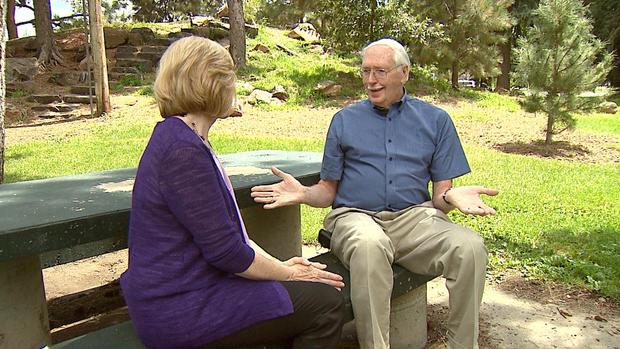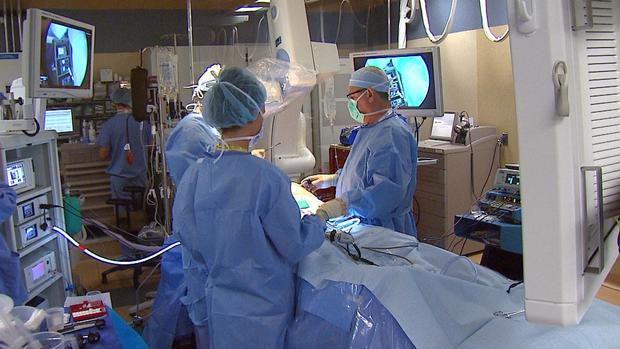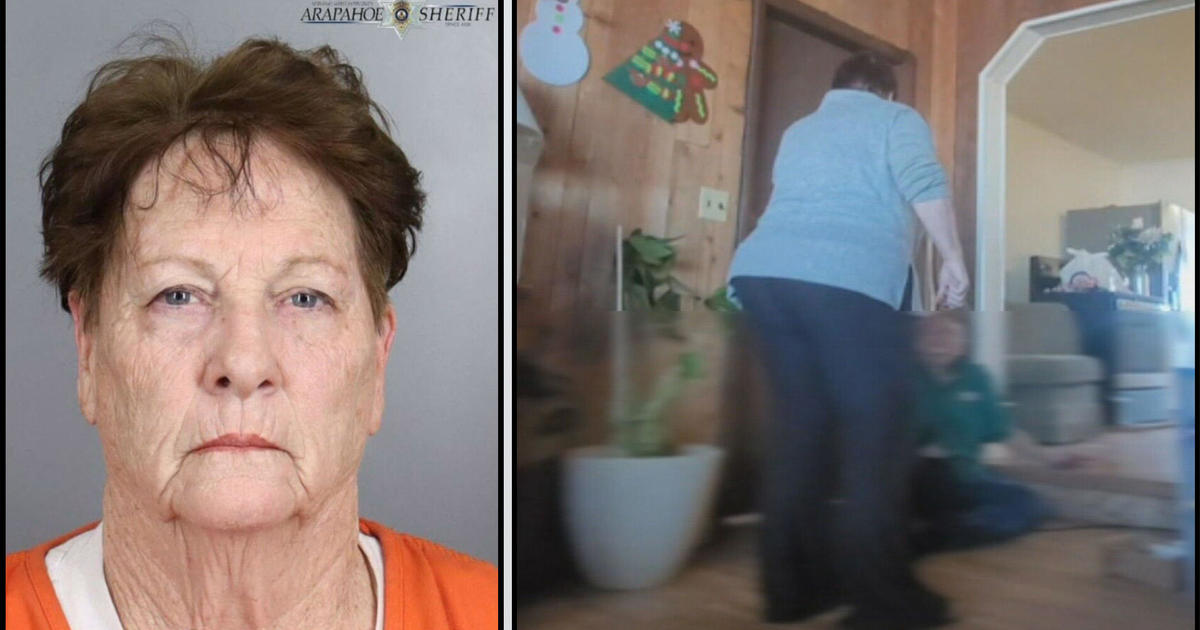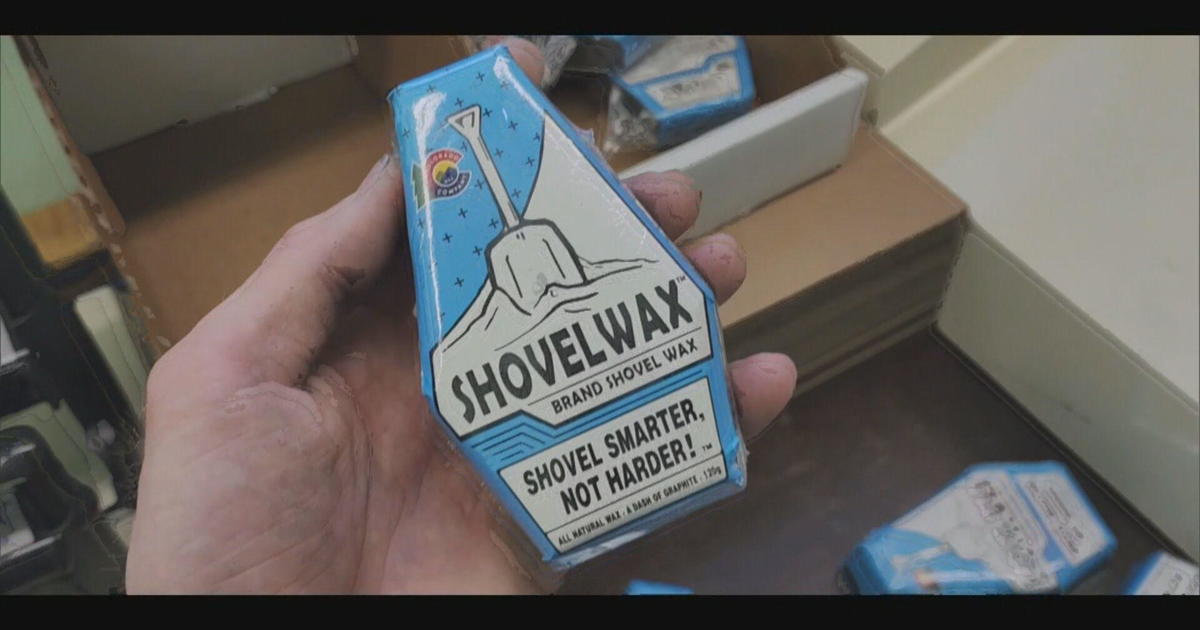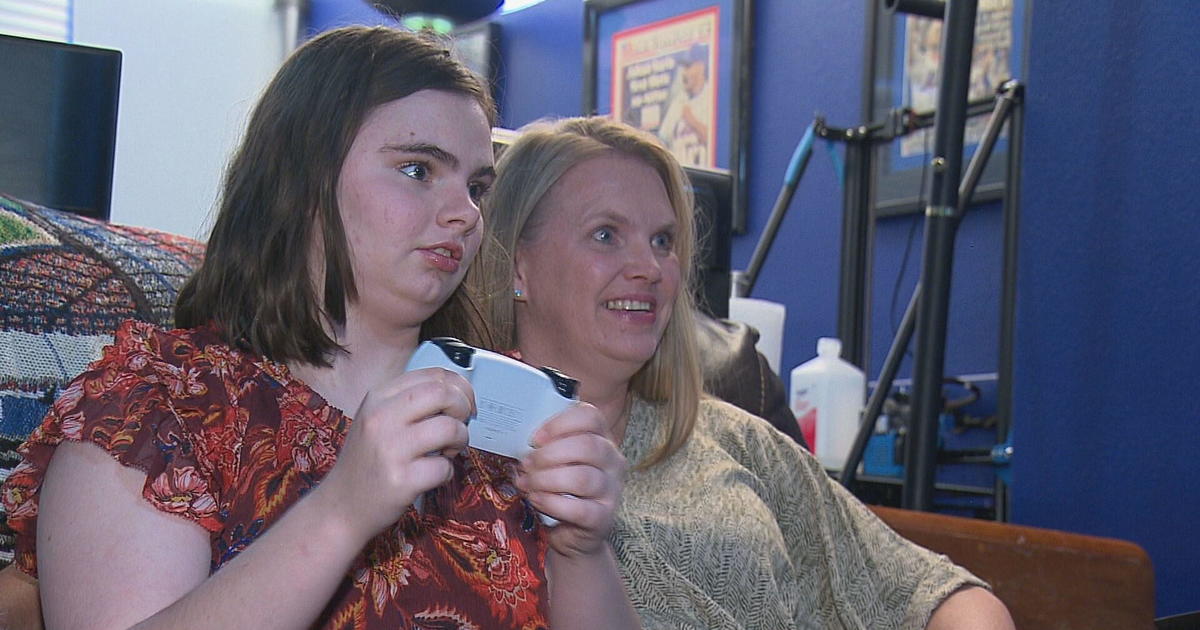'It's A Miracle ... It Is A Miracle' Says Man Who Received New AFib Procedure
DENVER (CBS4) - Almost three million people in the U.S. suffer from atrial fibrillation, a type of irregular heartbeat. It can cause shortness of breath and is a leading cause of stroke. CBS4 Health Specialist Kathy Walsh found a new procedure to correct the most serious cases.
"I'm just so happy that I feel so much better," said a spry 77-year-old Jerry Lester.
Lester is now off all heart medications and says he's a new man because of the new procedure.
"It's a miracle ... it is a miracle," he said.
Since 2006 Lester has struggled with atrial fibrillation, or AFib, abnormal heart rhythm.
"You're just so tired … all the time."
No golf -- he couldn't even rough-house with his grandchildren.
"It just affected your whole quality of life."
Lester said medications worked for seven years, but then the symptoms returned.
"Long-term persistent AFib patients have poor record of success," Lester said.
He was losing hope when he found Dr. Jason Sperling, a cardiac surgeon at Rose Medical Center.
"It's really, really new to be able to cure this problem," Sperling said.
In January Lester was Sperling's first patient at Rose to undergo the convergent procedure. It's called "convergent" because it combines the expertise of two doctors. Through a small incision in the abdomen, Sperling burns the outside of the beating heart using radiofrequency, or extreme heat, to stop the irregular heart rate.
"We are destroying the cardiac tissue's ability to conduct electricity," Sperling said.
Then electrophysiologist Dr. Tom Svinarich goes through a vein in the patient's groin to the inside of the heart to freeze the spot where the irregular beats are triggered.
"So that electrical impulses can't get in or out of the pulmonary veins," Svinarich said.
The doctors say the convergent procedure works 80 to 90 percent of the time.
"I've gained my life back," Lester said.
It's eight hours in the operating room and then two days in the hospital -- and then hopefully home without missing a beat.
Additional Resources
Those with questions about the procedure can call Director of Heart and Vascular Devora Peterson at (303) 320-2179
